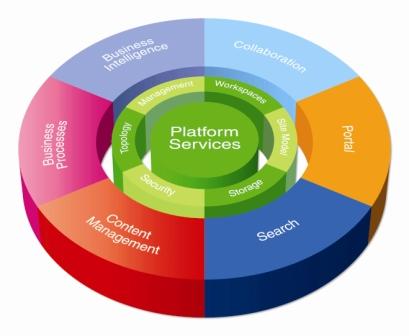It is thus a fairly simplified performance measurement system but one that does focus on what are considered to be the "critical constituents of performance." ref
We've been discussing the importance and relevance of the Framework for Excellence (due to launch Sept 2008) and its proposed impact on the FE/skills sector generally. I had a meeting with John Perks the new NILTA UK manager a few months ago who was really emphatic about its burgeoning importance to SMT and the FE sector generally. My take on it was thus..
..it's a new self evaluation process that results in a ( 1 – 4) grading. And it ultimately means that organisations need to have [business] efficient IT systems to ensure all College data can be accessed easy , is accurate, secure, and gets rid of older [read inefficient] paper based systems.
Tho' the definitive answer was given to me by a colleague ;
Framework for Excellence : http://ffe.lsc.gov.uk/
The Framework for Excellence will underpin a new, simplified performance assessment system, that will help drive up performance right across the Further Education (FE) sector, by setting clear and unambiguous standards of excellence that all providers will want to achieve, so that they can demonstrate the quality of their provision.
Designed in consultation with colleges and providers and our partners DIUS, Ofsted and the new LSIS (formerly QIA), it will simplify the way learners and employers choose the provider best-suited to their needs.
This website will enable users to access the latest news and updates on the Framework for Excellence. The aim of this website is to meet the needs of new and existing users.
Read the HEFCE memorandum of understanding here : http://readingroom.lsc.gov.uk/lsc/National/Memorandum_of_Collaboration-HEFCE_and_LSC.pdf
IQER
My HEinFE customers tho' are primarily concerned with the QAA IQER process : http://www.qaa.ac.uk/reviews/IQER/handbook/pilotHandbook.asp . I attended an IQER event in B'ham in March of this year, and was impressed by the use of a content management system to streamline the process by Colchester College Read the full story here : http://he.rscwmsystems.org.uk/wordpress/?p=201 .
Or more simply quoted from a colleague.. "IQER is an evidence-based peer review of a college's management of the student learning experience and performance of its responsibilities for the academic standards and quality of its higher education provision.
Meanwhile back to the excellent framework for excellence! I would say the excellent Policy Watch statement produced by Steve Besley of EDEXCEL summarises it neatly in a two page statement : http://www.edexcel.org.uk/VirtualContent/95085/_40__FfE_prepares_to_launch.pdf - which is where the top quote originates from.
Strategic planning
And finally to continue on this strategic tip (roll on summer - please !) , I noticed that JISC infonet have published the results of their strategic planning review
@ URL: http://www.jiscinfonet.ac.uk/strategy-planning/survey-results
Makes for interesting reading , i.e.
Q3. What do you feel needlessly wastes most time, effort and energy within your organisation?
Reason | Percentage cited | |
Lack of standardised/efficient processes | 15% | |
External legislation & regulation | 14% | |
Poor internal communication & collaboration | 11% | |
Problems with IT infrastructure | 9% | |












